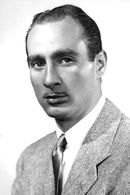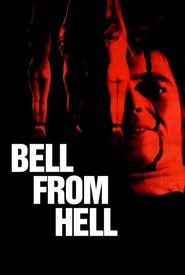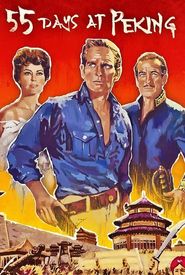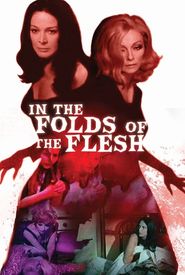Alfredo Mayo was born Alfredo Fernández Martínez in Barcelona, Spain in 1911, the birthplace of his parents, who had been married prior to his arrival. Shortly after his birth, the family relocated to Madrid and subsequently to León, the city where his father was born. Mayo's early years were marked by a strong interest in medicine, as he began studying the subject in his teenage years. However, after just three years, he abandoned his medical pursuits in favor of a career in the performing arts, joining the theatrical company of Ernesto Vilches at a young age.
During his early twenties, Mayo made his debut in the film industry, starring in the 1935 films "El ciento trece" and "Las tres gracias". This was a significant milestone in his career, marking the beginning of his transition from the stage to the screen. However, his professional journey was soon interrupted by the outbreak of the Spanish Civil War in 1936. Mayo opted to support the Nationalist side, rising to the rank of flight lieutenant, a decision that would later influence his choice of roles in many films.
Mayo's physical appearance, which included his tall stature and handsome features, quickly made him a leading man in the Spanish film industry. He often played military roles that emphasized his patriotism and willingness to die for his country, a theme that was favored by the Franco regime. Some of his notable films from this period include "¡Harka!", "Escuadrilla", "¡A mí la Legión!", and "Raza". He also appeared in comedies and historical dramas, such as "Sarasate", "Deliciosamente tontos", "El marqués de Salamanca", and "The Lioness of Castille".
Mayo's professional partnership with actress Amparito Rivelles was a significant aspect of his career, as the two became engaged and were planning to marry. He also continued to work in the theatre during this period, adapting to the changing political and ideological landscape of post-war Spain.
In the 1960s, Mayo appeared in the allegorical film "The Hunt", which covertly criticized Franco's regime and the conflict of the Spanish Civil War. This marked a shift in his career, as he began to take on more complex and nuanced roles. He continued to work in film and television throughout the 1970s and 1980s, adapting to the political and ideological changes that followed Franco's death.
Mayo's final years were marked by a heart attack he suffered during the filming of a television series in Mallorca, Spain. He passed away in 1985, leaving behind a legacy as one of Spain's most beloved and enduring film stars.



































